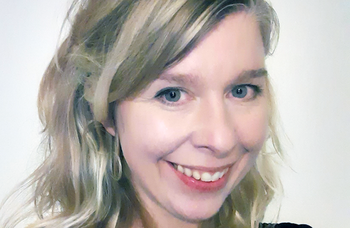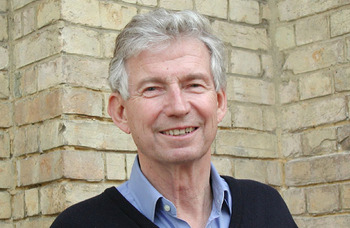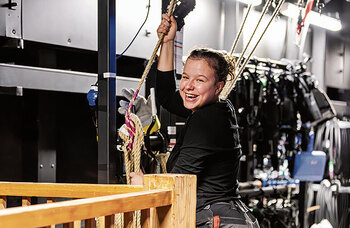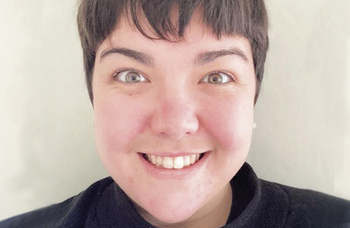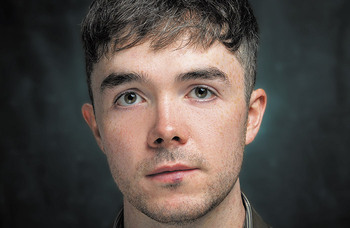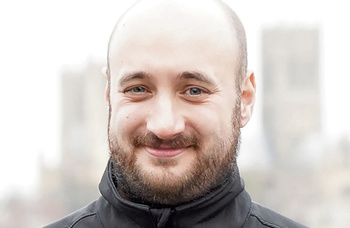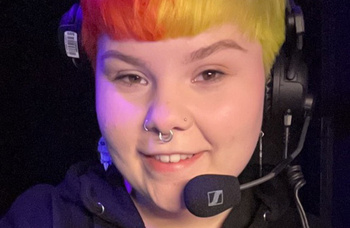ALRA principal Adrian Hall: 'Be real, be honest, be on time'
How did you start off in theatre?
Born in Uganda and raised in Liverpool, Southport and Staines, I started out as a child actor in Chitty Chitty Bang Bang and went on to work in film, TV and the West End, before changing career to work in education. I worked in many areas of teaching from primary to higher education, before joining ALRA in 2009.
What is the best piece of advice you have for students today?
Be real, be honest, be on time.
What would you change about training in the UK?
Training is very skills-focused, but ultimately a lot can be learned on the job, so anywhere that gives you real-life experiences will be preparing you better for the business.
What is the best part of your job?
Hearing about a student’s success in the business.
And your least favourite?
Hearing about a student I thought should make an impact losing touch with the business.
Who are the practitioners you admire the most/who should students be looking up to?
Old-school, hardworking actors like Toby Jones who create longevity because they stay real. Newer names like Andrew Scott who take big chances and push boundaries.
What is the one skill that every successful theatre professional should have?
For the two hours traffic of the stage, you have to put the rest of the world on hold and have a precise focus. Develop techniques to access that calm and to distance yourself from stress.
ALRA is involved with the Perform This initiative which allows students to make joint drama school applications. Why do you feel this is important?
ALRA already offers free auditions to low-income applicants and those from other groups such as looked after or previously looked after young people. This takes that one step further by combining opportunities into one day. Anything we can do to cut costs is a benefit and it’s something we’re committed to.
Adrian Hall was talking to John Byrne
The Actors Forge creative director Dan Lemon: ‘Be fearless, creative and kind’
Opinion
Recommended for you
More about this organisation
Advice
Recommended for you
Most Read
Across The Stage this weekYour subscription helps ensure our journalism can continue
Invest in The Stage today with a subscription starting at just £7.99
 John Byrne
John Byrne
